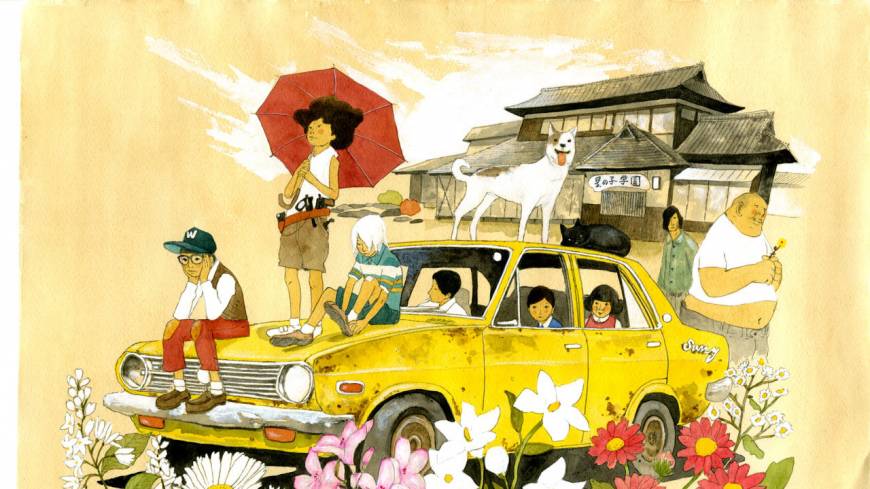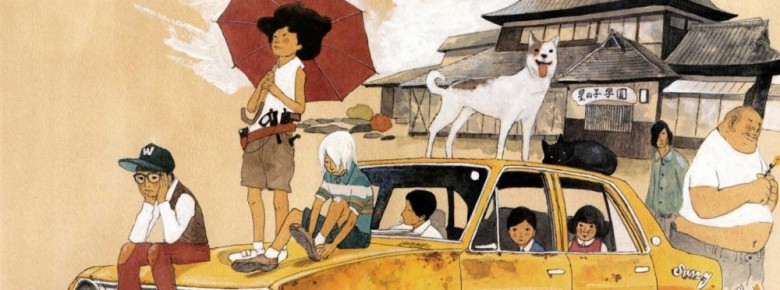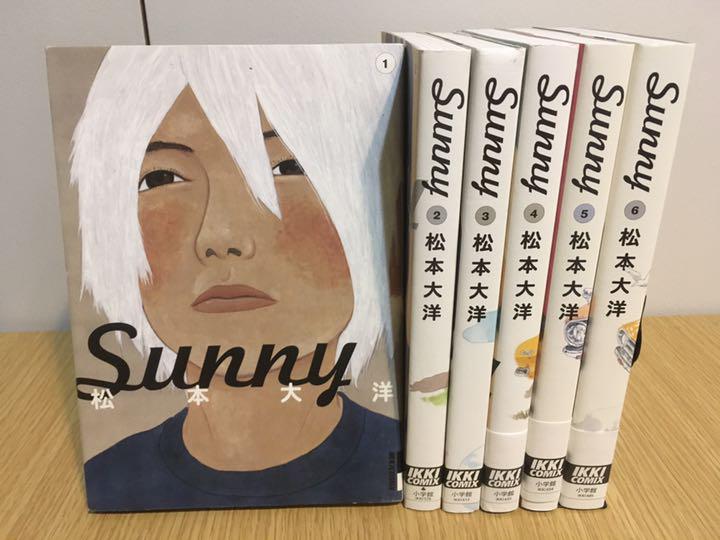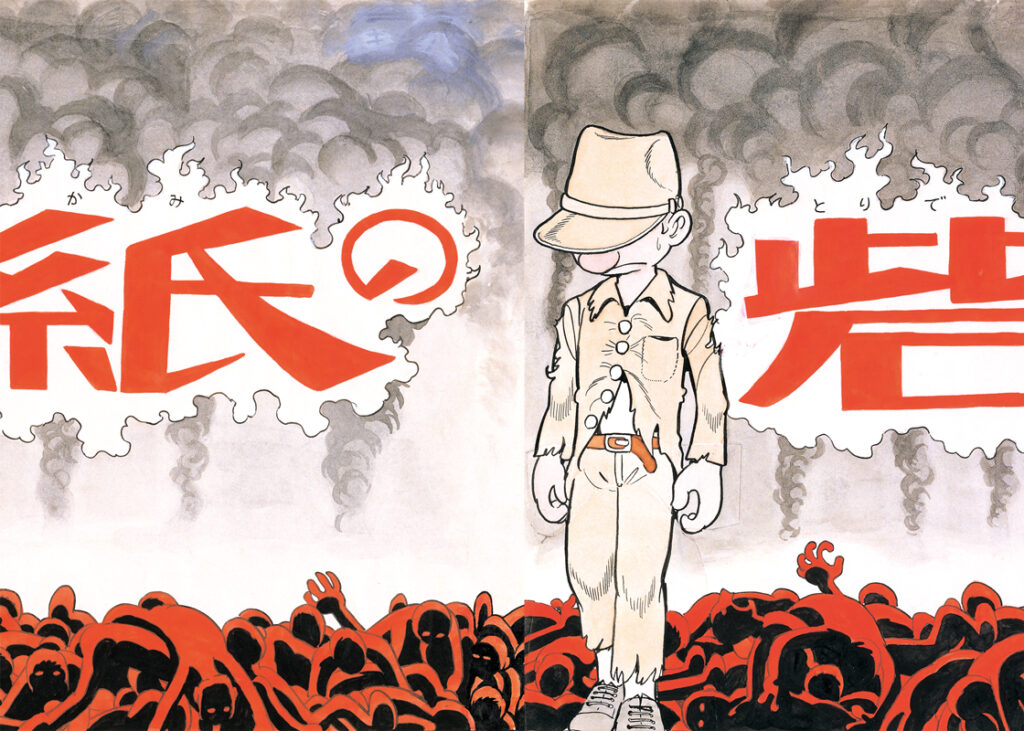In “Sunny,” a manga created by Taiyo Matsumoto, we are confronted with the stark truth of children growing up without families, a tragedy amplified by Japan’s grave adoption problem. While most developed countries place orphaned children or those with neglectful biological parents in foster care or arrange for adoption, Japan’s slow and inefficient bureaucracy leaves many children in institutions. Each year, countless babies are placed in foster homes due to the ineptitude of biological parents who refuse to relinquish custody and an outdated administration lacking effective intervention.
Matsumoto’s Exploration of Children and Social Exclusion

Taiyo Matsumoto consistently tackles the theme of children and social exclusion in his comics. In his renowned work, “Tekkon Kinkreet,” two orphaned boys navigate a dystopian world engulfed in violence. “Go Go Monsters” and the collection of short stories titled “Primavera Azul” also delve into the lives of maladjusted children and adolescents. “Sunny,” now available in an exquisite comprehensive edition published by ECC, focuses on the daily lives of children in foster care. Although the manga states that the characters and events are entirely fictional, the narrative is painfully plausible, enabling readers to empathize deeply with the characters and their circumstances. It serves as a powerful fictional account based on a tragic reality that persists in Japan to this day.
The House of the Children of the Stars: A Place of Chaos and Imagination
“The House of the Children of the Stars” is the enchanting name of the foster home presented in “Sunny.” Within its walls resides a unique and peculiar family comprised of infants, young children, teenagers, caregivers, the owner, a dog, and a cat. Matsumoto delicately portrays the chaos that unfolds daily, capturing moments of humor and nostalgia. Adjacent to the house sits an old and dilapidated yellow Nissan Sunny, within which the children escape the harsh reality of their lives by imagining themselves in various whimsical scenarios—becoming race car drivers, flying through the stars, or fugitive gangsters evading justice. Through the progression of the story, each character’s reality and their coping mechanisms are unveiled. Matsumoto expertly molds his characters, delving into their traumas and experiences to shape their deeply complex personalities.
The Children and their Struggles

Among the children, we encounter Haruo, a boy with white hair who channels his frustrations into acts of hooliganism, stealing or causing mischief to observe the impact on his immediate surroundings—a manifestation of his disappointment, contrasting with the hope of reuniting with his disinterested mother and drifting father. On the other end of the spectrum, we find Junsuke and his younger brother Shosuke, along with Megumu. Junsuke, with his ill mother, and Megumu, an orphan, represent the children with blameless parents. Throughout “Sunny,” we witness alcoholic fathers, mothers forming new families who view their own children as nuisances, and parents who are absent and unreliable. However, Matsumoto portrays some adults in a positive light, particularly the caregivers, exemplified by the character Adachi. Adachi not only tends to the children but also tackles the logistical and financial challenges of the foster home. A charismatic figure, stern at times but ultimately tender, Adachi never views any child as a lost cause.
Taiyo Matsumoto’s Unique and Wonderful Artistry
Once again, Taiyo Matsumoto captivates readers with his unique and marvelous artwork. Departing from traditional manga styles, his drawings incorporate elements from European comics, employing various camera angles and perspectives. Matsumoto’s clean lines, skillful use of ink and shadows, and meticulous attention to detail, particularly in portraying the rooms of the foster home during chaotic yet enjoyable dinner times, are truly remarkable. His drawings vividly capture the essence of childhood and adolescence like no other, carrying a profound message that avoids sentimentality and cheap tears while stirring the deepest emotions through the depth of its storytelling.
Conclusion: A Profound and Thought-Provoking Message
“Sunny” by Taiyo Matsumoto sheds light on the harsh realities faced by children growing up without families, highlighting the flaws in Japan’s adoption system. Matsumoto’s poignant storytelling and captivating artwork make this manga an unforgettable reading experience. It serves as a reminder to observe the injustices surrounding us and to recognize the vital importance of providing a loving home for those in need.

